I'm using a login form to authenticate users.
FormsAuthentication is right out as it stores sensitive user/role membership in either client-side in a cookie or within the URL. Within the URL is a huge security risk, so I won't even get into that. With the
FormsAuthentication cookie, this creates problems with a) security where the client is in the position of dictating it's own roles; and b) way too much data stored in cookies. Since I'm gaining nothing through security and loosing out big time on the size of user data storage, I'd rather just work with Sessions.
I'd like to reuse something like FormsAuthentication for all its basic login form-handling features. But i would rather have it store user data server-side in perhaps Session rather than client-side all stuffed into a single cookie. I'd rather just authenticate against a Session token of some sort.
I have no database and local disk storage of user data is forbidden. I rely on a 3rd party authentication service provider, and a requirement is that I must reduce chatter with this service. Thus, sessions for temporary storage of user info. Sucks, but that's not necessarily the problem I'm asking about. Also, a requirement is that I must set/use HttpContext.user and likely Thread.CurrentPrincipal for use later on in such things as AuthorizeAttribute, for displaying user info in views, etc.
So FormsAuthentication stores all user data client-side in a cookie. Whereas Session stores all data server-side and just relies on a simple client-side token cookie. However, Session is not available anywhere during the asp.net startup and authentication steps. Is there an equivalent forms "membership" provider that stores all data in Session server-side instead of client-side?
If there is no Session equivalent...
- Where do I set HttpContext.user and Thread.CurrentPrincipal to make both values available throughout the rest of both MVC apps without interfering or messing up other MVC components?
- Hinging on #1, is Session available at that entry point? If not, how do I make it available so I can create the Principle/Identity object using the data stored in Session?
- This can't possibly be a unique requirement. Are there libraries already available which handle this?
